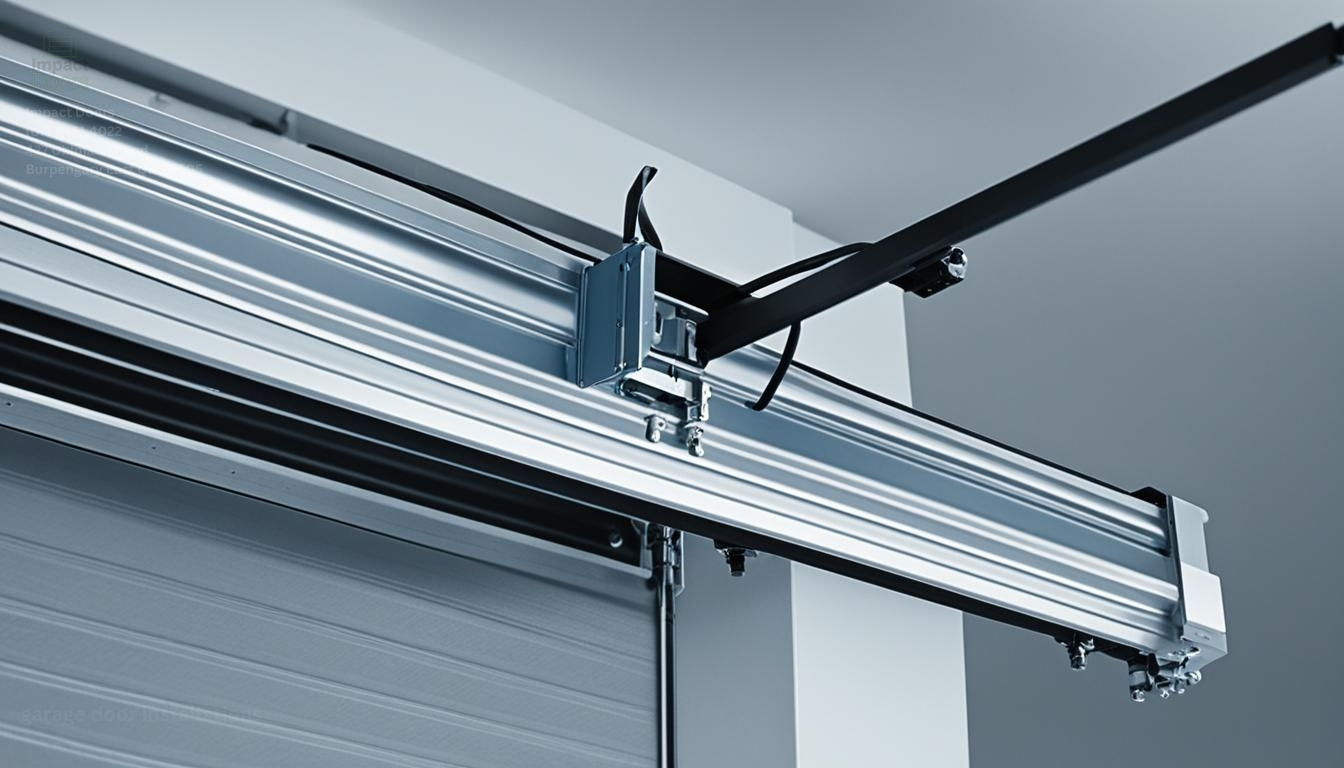When it comes to maintaining the various aspects of our homes, garage doors often get overlooked. However, a well-functioning garage door is crucial not just for convenience but also for safety and security. In this comprehensive guide, we'll explore Simple DIY Maintenance Tips for a Healthy Garage Door System that will keep your garage door operating smoothly for years to come.
Understanding Your Garage Door System
What Makes Up a Garage Door System?
A garage door system comprises several components, including the door itself, tracks, rollers, springs, cables, and the opener. Each part plays a vital role in ensuring the door opens and closes smoothly. Understanding these components will help you identify issues when they arise.

The Importance of Regular Maintenance
Regular maintenance can save you from costly repairs down the road. It’s essential to perform routine checks on your garage door system to avoid malfunctions and enhance its longevity.
Essential Garage Door Safety Tips for Homeowners
Why Safety Matters in Garage Doors
Safety should always garage door maintenance be a top priority when dealing with any mechanical system at home. Garage doors can pose serious risks if not handled properly.
Top Safety Tips for Your Garage Door
Keep Remote Controls Away from Children: Store remote controls out of reach to prevent accidental activation. Test the Auto-Reverse Feature: Monthly checks ensure that your garage door automatically reverses if it encounters an obstruction. Listen for Unusual Noises: Grinding or scraping sounds could indicate an issue that needs immediate attention. Check Safety Sensors Regularly: Make sure sensors are free from dirt and aligned correctly.DIY Garage Door Maintenance Tips
Routine Inspections Are Key
Conducting regular inspections lets you catch potential problems early on. Check all components at least twice a year.
Inspecting the Hardware
- Look for rusted bolts or screws. Ensure that all parts are tightly secured. Lubricate moving parts with a silicone-based lubricant.
How to Choose the Right Garage Door Opener
Types of Garage Door Openers Available
Choosing the right opener can greatly affect your garage door's efficiency and ease of use.
Chain Drive Openers: Durable but noisy; best for detached garages. Belt Drive Openers: Quieter than chain drives; ideal for attached garages. Screw Drive Openers: Require less maintenance but depend on temperature fluctuations.Features to Consider When Choosing an Opener
- Smart technology integration Battery backup option Security features
Benefits of Garage Door Insulation
Why Insulate Your Garage Door?
Insulating your garage door has more benefits than you might think!
Energy Efficiency: Keeps your garage warmer in winter and cooler in summer. Noise Reduction: Reduces noise both coming in and going out. Increased Durability: Protects against wear and tear from temperature changes.
Popular Garage Door Styles and Designs
Trending Styles You Might Consider
Your garage door contributes significantly to your home’s garage door maintenance tips curb appeal! Here are some popular styles:
- Traditional raised-panel doors Modern horizontal slat doors Classic carriage house doors
Troubleshooting Common Garage Door Issues
Common Problems You Might Encounter
The door won’t open or close: This may be due to power issues or obstructions. The remote isn’t working: Check batteries first; if it’s still unresponsive, consult a technician. Noisy operation: Inspect rollers and lubricate them as necessary.How to Program Your Garage Door Remote
Programming your remote is easier than you think! Just follow these steps:
Locate the "Learn" button on your opener unit (often near the antenna). Press this button until an LED light turns on. Press any button on your remote within 30 seconds to sync it.Troubleshooting Garage Door Sensor Problems
Common Sensor Issues You May Face
If your garage door isn't closing properly, sensor issues might be at play:
Misalignment: Ensure sensors face each other without obstruction. Dirty lenses: Clean them with a soft cloth regularly.Understanding Garage Door Spring Types
Garage doors primarily use two types of springs:
Torsion Springs: Located above the closed door; offer more lifting power but require professional handling during repairs. Extension Springs: Found on each side of the upper track; easier to replace but must be handled with care.Garage Door Panel: Repair or Replace?
Signs You Need a New Panel
If your panel is dented or cracked beyond repair, replacing it may be more cost-effective than repairing it.
Severity of Damage: Minor dents can often be repaired easily while extensive damage might necessitate replacement. Cost Consideration: Assess whether repair costs exceed replacement expenses.Maintaining Your Garage Door Tracks
Importance of Clean Tracks
Dirty tracks can lead to poor performance and even accidents!
Use soap and water along with a scrub brush to clean them monthly. Inspect tracks regularly for bends or breaks that could impact functionality.Garage Door Roller Maintenance Guide
Why Rollers Matter
Rollers facilitate smooth operation; neglecting them